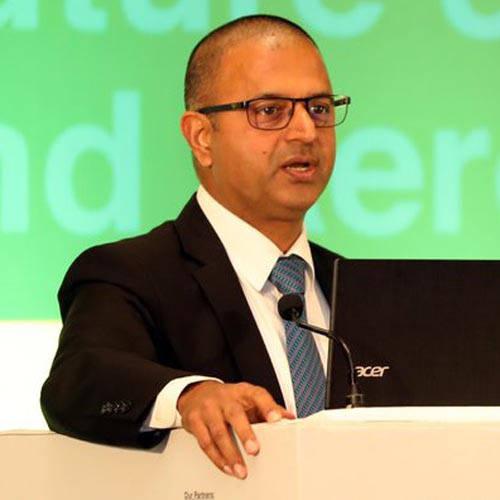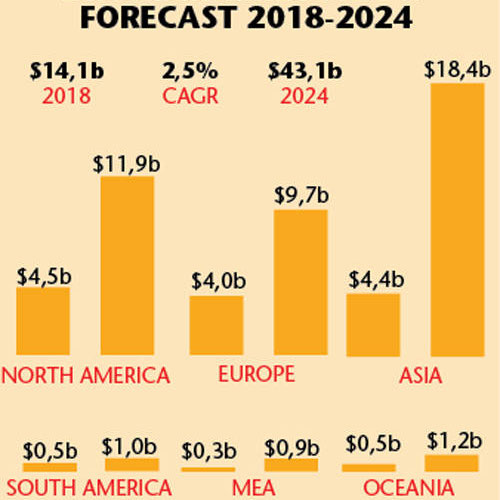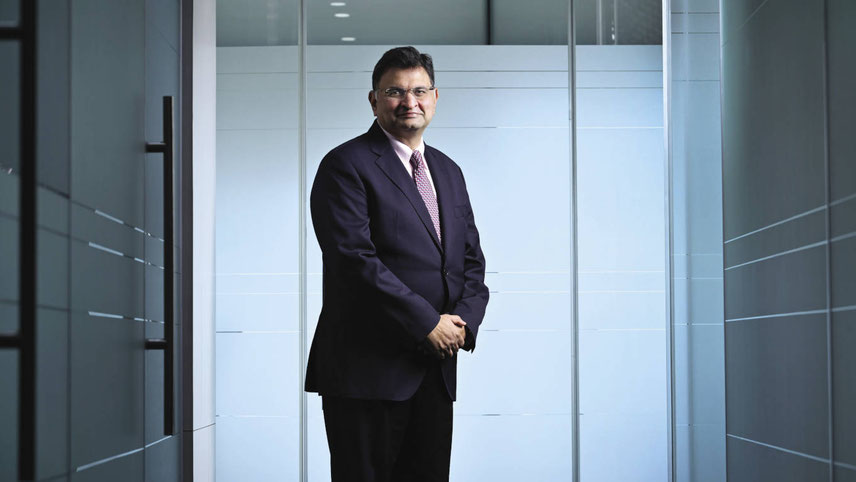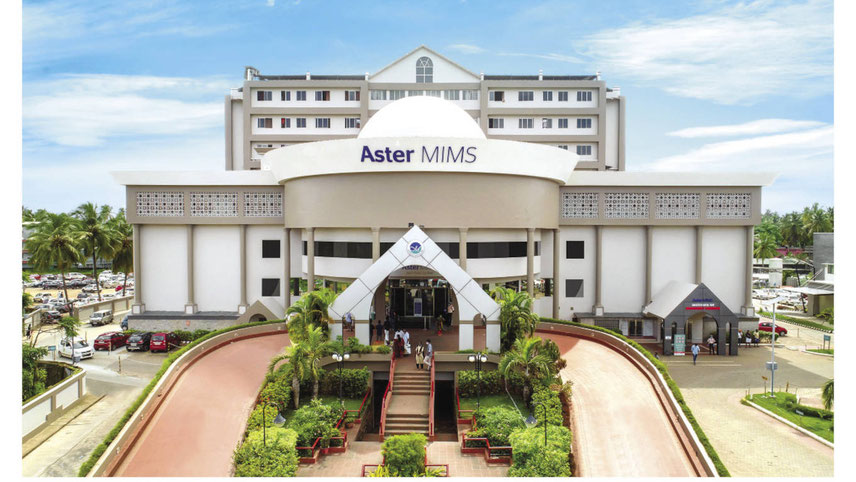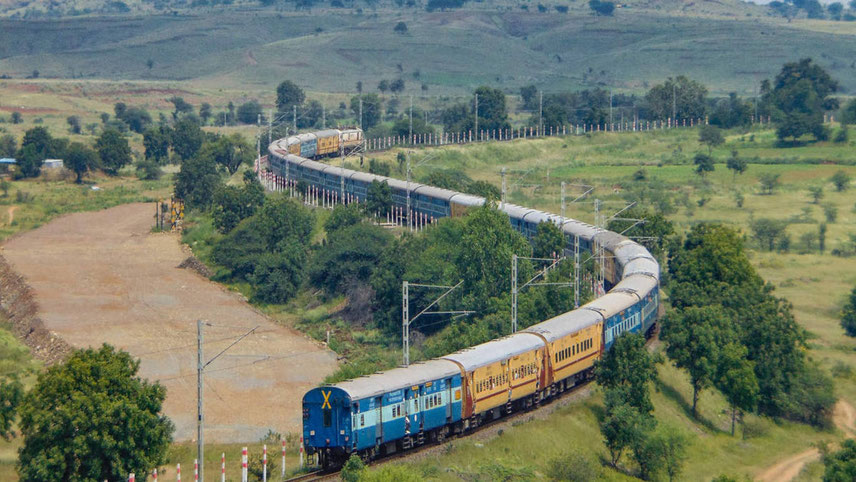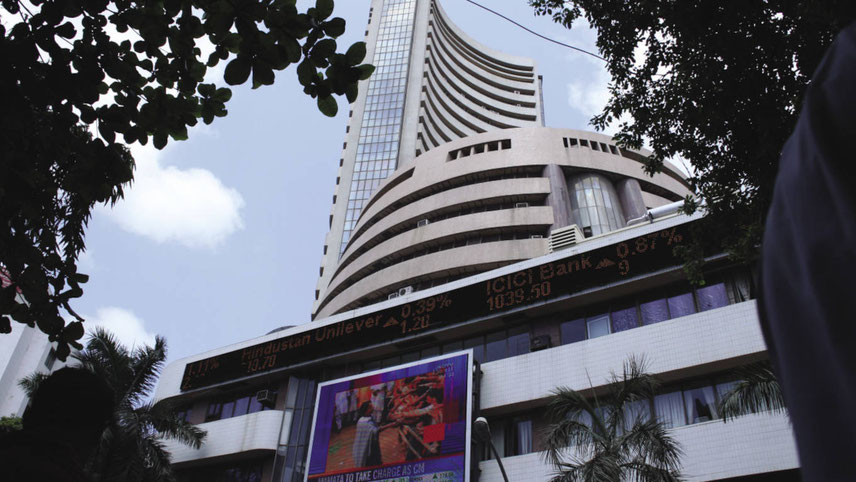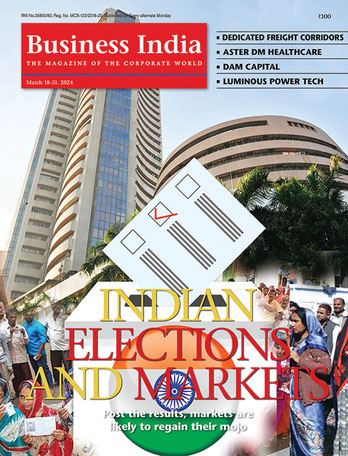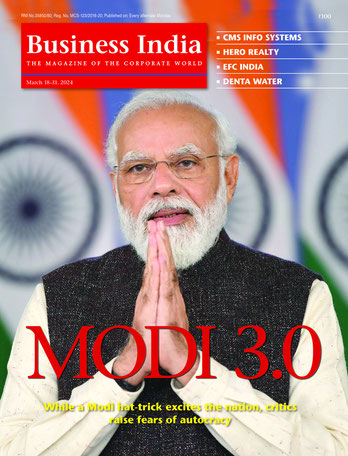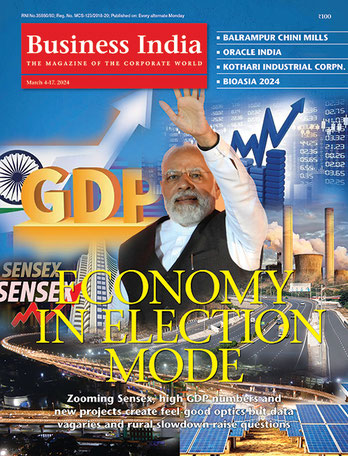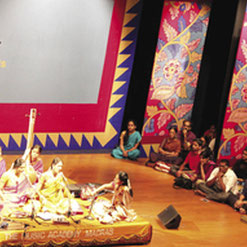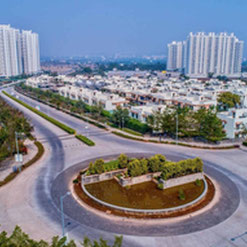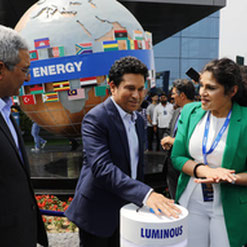The Central government recently announced the formation of a Drones Directorate, to enable faster processing of drone licensing, certification, and the setting up of drone training and operation companies in India. The committee, consisting of eight members of the Director-General of Commercial Aviation, will expand soon to include policymakers from other branches of aviation. The Drone Directorate will use the DGCA’s Digital Sky platform which already serves as the online registration platform for drone pilots and drone services, or drone-related entities. “This is a pleasant surprise, since the formation of any new department undergoes severe scrutiny amidst the pandemic-related austerity measures. One more baby step towards making India the drone capital of the world,” wrote Amber Dubey, Joint Secretary of the Civil Aviation Ministry in a LinkedIn post. In June 2020, the Civil Aviation Ministry had released a set of draft guidelines for unmanned services. One key takeaway was that only drone entities or services registered with the DGCA via the Digital Sky platform could buy drones. The draft rules also laid down weight classes for drones, stating that qualified drone pilots would be required for drones weighing more than 250 grams. The guidelines are a modified version of a 2017 announcement to manage the unmanned aerial vehicle scenario in India. Before 2017, flying a drone for non-military purposes was illegal. But despite apparently relaxed rules after 2017, drone operators still had to go through multiple layers of red tape. With the new Drone Directorate, obtaining flight permissions, registering drone entities and many other formalities will be streamlined. With the Digital Sky platform, one can now apply for a drone licence online. Clear demarcation A big advantage of the new draft policy includes a clear demarcation of beyond visual line of sight (BVLOS) operations. Drone builders will now have to include collision avoidance and hack-proof navigation systems to qualify for DGCA approval. An independent authority will test the airworthiness of a drone, and Tata is being touted as one of the first testing partners. These rules haven’t been frozen yet, but they’ll result in a lot of transparency across the board. A huge block to drone operations in India is that every drone entity has to give a 24-hour notice to the DGCA before taking off. Now, police forces, YouTubers, and others have flown drones without permission, despite this. Also, night-time operations require a proof of concept to be submitted to the DGCA. This also includes the creation of a designed drone landing zone that’s well-lit and preferably located out of an urban area to prevent fouling with overhead power cabling and other obstacles. The new draft rules aim to untangle this process by quick processing of drone requests and the compulsory inclusion of drone traffic management software and hardware.
-
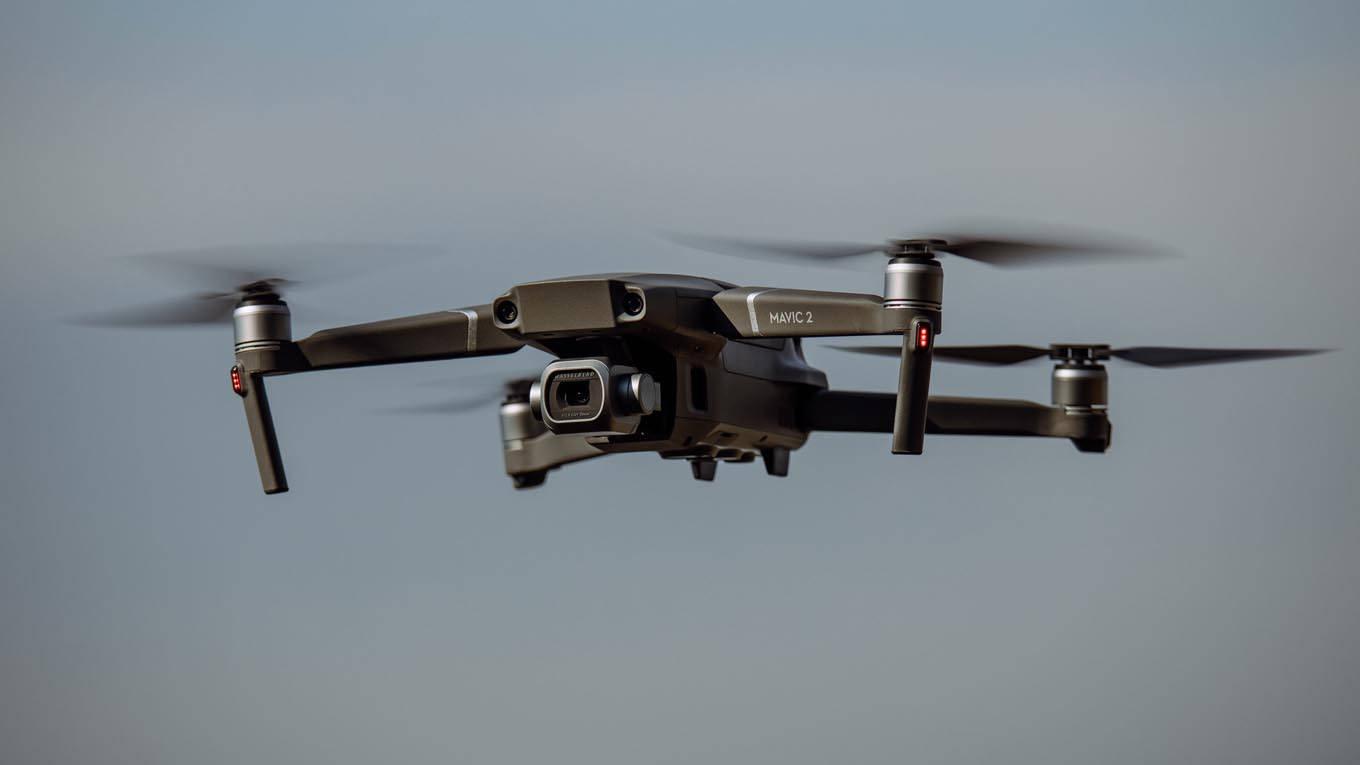
Drones are increasingly used in various fields









